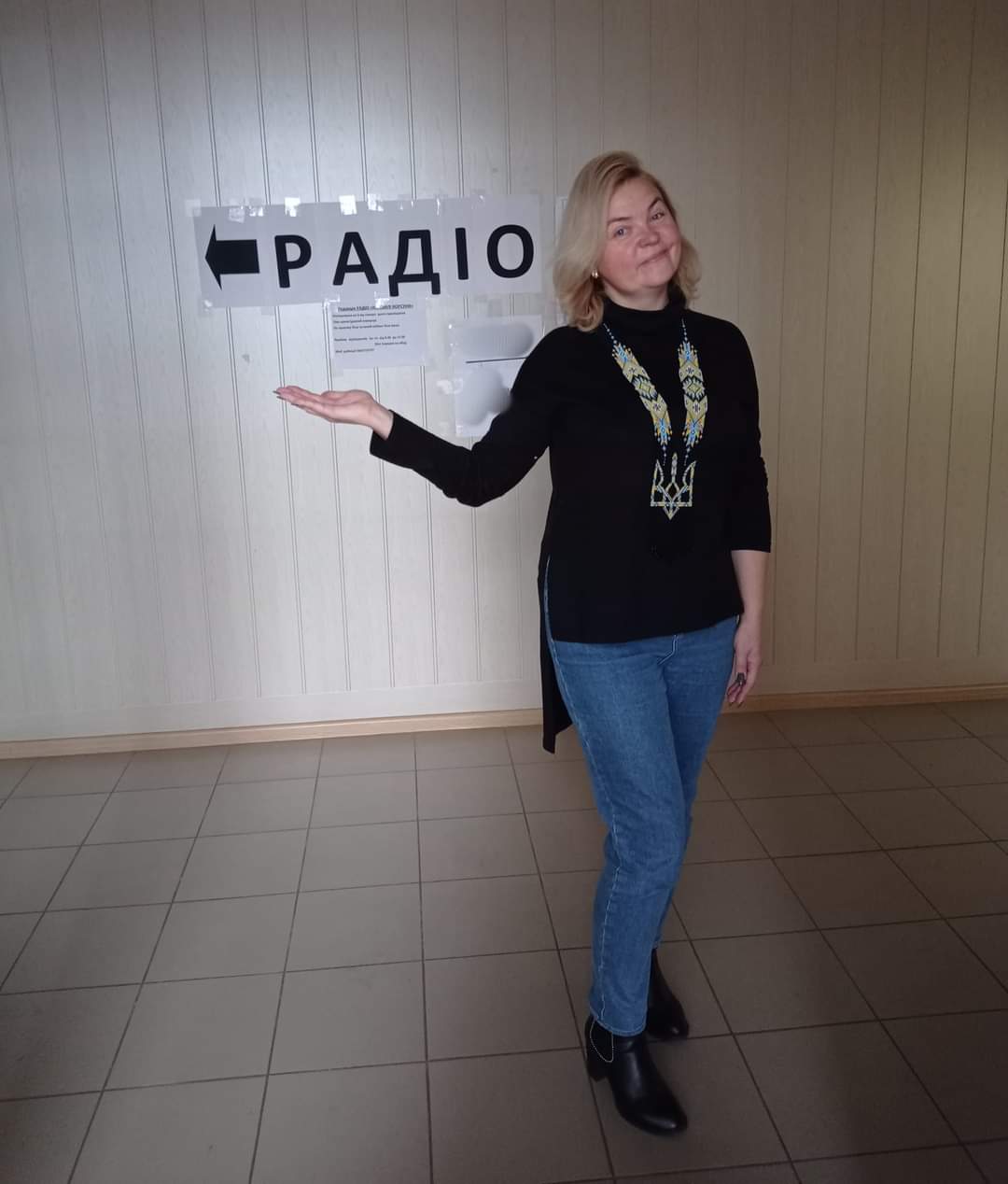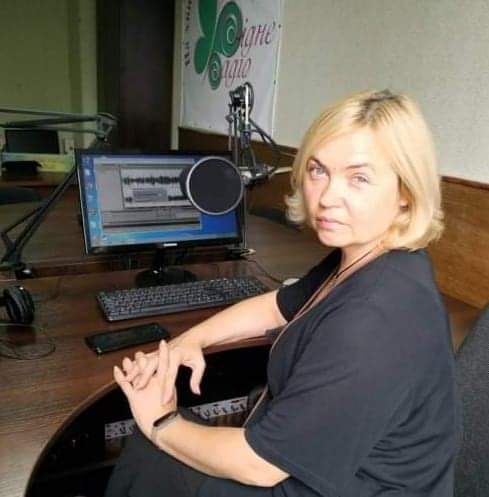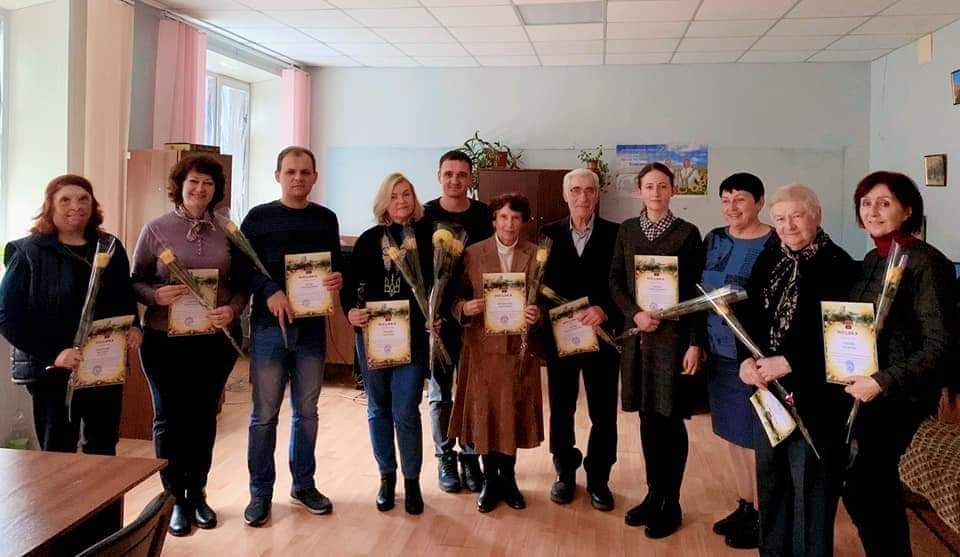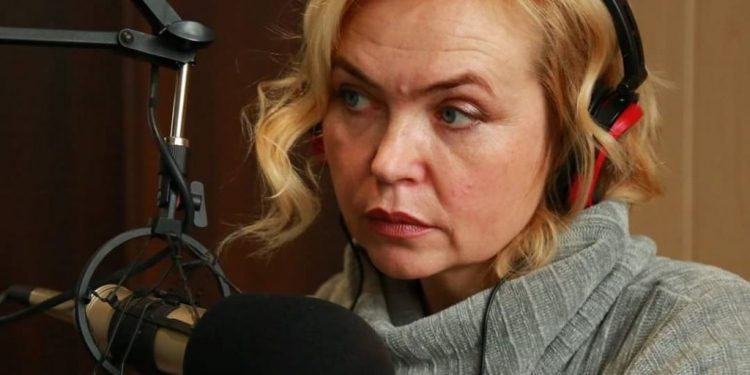The director of the “Na Khvyli Korsunya” radio station, Halyna Dobrovolska-Rybalkina, took on a challenging task from the early days of the full-scale invasion – to keep the radio station on the air. She managed to gain significant support from the listeners. New programs and formats appeared in the broadcasting schedule. Local radio was the primary source of information, warning people about danger and providing updates on the latest events in the city, region, and Ukraine.
“How to proceed further?” This was the question that every media leader faced on February 24, 2022. The information gap at “Na Khvyli Korsunya” in the initial days of the war was filled with music.
– In the beginning, we only had music and announcements from the local authorities and the president’s addresses – Halyna begins her story. – When the ‘Unified Marathon’ was established, our broadcasting also got organized. We broadcasted the marathon and local government announcements every hour. People eagerly awaited these updates. The first air raid sirens were heard on our radio because the city did not yet have a warning system through sirens.
Now, Halyna’s work regime is “24×7.” She doesn’t allow herself any breaks or days off. She is always on call because she herself sets the alarm notifications. Thus, she works at night, during the day, in the morning, and in the evening.

– We have a permanent expert historian. There were situations when he talked about his new research, for example, about the activities of the OUN[Organization of Ukrainian Nationalists] in the Korsun region, and people would call and say, ‘What are you making up? That never happened; we never heard of such things.’ People tried to argue with us, claiming that we were inventing history. People really didn’t want to hear the history that was taken from them and concealed for decades. After February 24, we realized that people appreciate this kind of content, – our interviewee explains.

Colleagues from the local newspaper helped in content production. This collaboration later evolved into the creation of a “resilience hub” for journalists.
– We organized our own information marathon with local journalist colleagues. We created shows based on their materials, and they used our broadcasts for publications. This way, we exchanged content and filled the information space, supporting each other. Now, in our ‘Na Khvyli Korsunya’ office, we have established our own ‘resilience hub.’ We offer our colleagues to come to us – we have an uninterrupted power source when the electricity goes out. We ensure communication with the server, so we have internet, – Halyna continues. – It is crucial now for local media to survive. The Ukrainian information space cannot be dominated solely by large media conglomerates. Local radio stations, newspapers, and television companies, if they have their credibility, are a vital part of the community’s life. Trust in them is much higher than in large national channels. We feel that we have our own audience.

Audience’s Attention To Serious Violations Of Human Rights And Crimes Against Journalists And Mass Media By The Russian Federation, which is performed by the National Union of Journalists of Ukraine, with support from the Swedish non-profit organization Civil Rights Defenders.
JOURNALISTS ARE IMPORTANT. Stories of Life and Work in Conditions of War is a cycle of materials prepared by the team of the NUJU with the support of the Swedish human rights organization Civil Rights Defenders.
#CRD

 THE NATIONAL UNION OF
JOURNALISTS OF UKRAINE
THE NATIONAL UNION OF
JOURNALISTS OF UKRAINE
















Discussion about this post